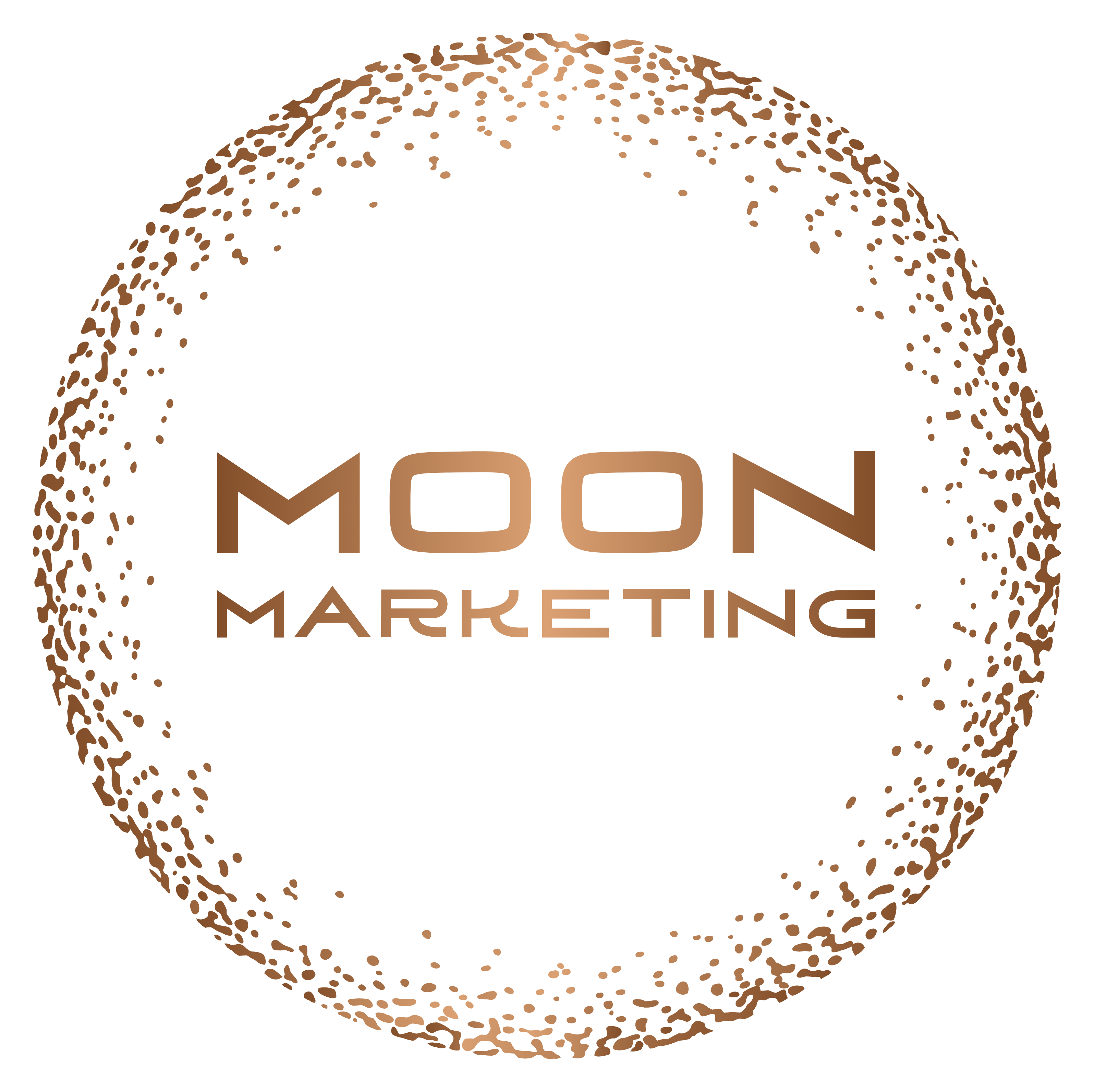
Time to Ditch Siloed Marketing and Hop on the Holistic Marketing Train
Picture this: your social media team launches a great campaign - but your email marketers and PPC team have no clue. Meanwhile, your sales reps and customer support staff send mixed messages to customers. Sounds chaotic, right? This is the reality of siloed marketing, where each marketing channel or team works in isolation. Siloed marketing refers to a fragmented approach where different channels and teams operate independently, creating confusion and inefficiencies. Today's businesses are increasingly ditching silos and shifting towards holistic marketing, a unified strategy where all marketing efforts align seamlessly.
Why the shift? Because modern marketing challenges demand unity. Customers interact with brands across multiple touchpoints – website, social media, email, you name it – and they expect a cohesive journey. Disjointed campaigns won't cut it anymore. Integration and collaboration are now essential to marketing success.
Marketing Silos and Their Impact
Marketing silos occur when your digital channels - like SEO, content creation, social media, and paid media - operate separately. Each team sets its own objectives, uses separate data sets, and communicates independently. Unfortunately, these silos create internal barriers that weaken overall effectiveness.
The Pitfalls of Siloed Marketing
Inconsistent Brand Messaging
Siloed teams often craft different messages. Your customers might see playful social media posts but formal emails and contradictory PPC ads. This inconsistency confuses audiences and dilutes your brand identity.
Inefficient Resource Allocation
Separate teams often unknowingly duplicate efforts, or run overlapping campaigns. These redundancies not only waste time but also strain your marketing budget, leading to inefficient resource allocation.
Lack of Data Integration
In siloed environments, valuable data stays trapped within each team's platforms. This isolated data limits your ability to understand the complete customer journey, personalize interactions effectively, and accurately measure your overall ROI.
Embracing a Holistic Marketing Approach
Unlike siloed marketing, holistic marketing views all marketing efforts as interconnected pieces of a unified whole. from SEO specialists and content marketers to paid media and social media managers, collaborate toward shared goals. , ensuring consistent messaging and a cohesive customer journey.
Benefits of Holisitc Marketing Strategy
Integrated Marketing Strategy
With holistic marketing, your SEO, PPC, social media, and content efforts align perfectly. This unified approach strengthens your digital presence, reinforces your messaging, and boosts overall campaign impact.
Omnichannel Marketing
Omnichannel marketing creates a consistent and seamless customer experience across every digital and physical channel. This unified approach significantly improves customer satisfaction, loyalty, and retention.
Cross-Channel Marketing
Cross-channel marketing leverages each digital channel’s strengths in a coordinated manner. For instance, your Instagram campaign drives website traffic, which is then nurtured through targeted email automation and reinforced by remarketing PPC ads, creating a cohesive journey for your customers.
Full-Funnel Marketing
Holistic marketing ensures your strategy covers every stage of the customer journey—from initial awareness to advocacy. A coordinated, full-funnel approach boosts conversion rates and customer lifetime value.
Customer-Centric Marketing
Placing customers at the core of your marketing efforts helps you build genuine relationships. Holistic marketing prioritizes customer needs, offering personalized and relevant experiences that boost satisfaction and foster loyalty.
Examples of Holistic Marketing Strategies
Theory is great, but what does holistic marketing look like in the real world? Let’s look at a couple of well-known brands that exemplify the “holistic marketing in” approach.
Coca-Cola
Coca-Cola's holistic marketing success lies in their highly coordinated global campaigns, such as their iconic "Share a Coke" initiative. Digital ads, personalized bottles, social media campaigns, and user-generated content combined seamlessly to deliver one cohesive message - sharing happiness. Coca-Cola leverages detailed analytics and real-time feedback to continuously adapt and personalize their global messaging, exemplifying a truly holistic marketing approach.
Nike
Nike sets the gold standard for holistic digital marketing through campaigns such as "Nike React." The campaign spanned interactive online experiences, influencer partnerships, targeted social media ads, experiential pop-up events, and personalized email marketing, each reinforcing their core "Just Do It" message. This cross-channel coordination maximized reach and conversion, demonstrating holistic marketing's power to amplify campaign effectiveness.
Starbucks
Starbucks integrates digital and physical touchpoints through a highly personalized customer experience. Their holistic strategy includes a robust loyalty app, personalized email promotions, engaging social media interactions, and consistent in-store experiences. Seasonal promotions, (Pumpkin Spice Latte anyone?) are synchronized across channels - from email teasers and app notifications to social media stories and in-store merchandising - ensuring every customer interaction reinforces Starbucks' inviting brand identity.
To Conclude...
It’s time to face the music: siloed marketing is out, and holistic marketing is in. Staying stuck in marketing silos is a sure-fire way to miss out on growth opportunities. Adopting a holistic marketing approach can dramatically improve brand consistency, resource efficiency, and customer loyalty. So, as you wrap up reading this, take a moment to reflect: is your current marketing strategy as unified as it could be? If the answer is “not yet,” don’t worry – you’re certainly not alone, and it’s never too late to change course. Don’t let siloed marketing hold your business back any longer. Contact our team today to start building a holistic digital marketing strategy that delivers consistent branding, efficient use of resources, and stronger customer relationships. Let’s tear down those silos and watch your marketing impact soar!
FAQ
Q: What are the four pillars of holistic marketing?
A: The four pillars of holistic marketing are internal marketing, integrated marketing, relationship marketing, and societal marketing. Together, they build cohesive internal alignment, seamless messaging, lasting stakeholder relationships, and ethical business practices.


